
Exercise and kids is a complicated subject. Certainly, all people need exercise to grow and thrive. In the past, however, people have taken some extreme approaches to exercising with kids, especially when concerns about childhood obesity were rampant.
Today, we recognize that each of our relationships with exercise are a little more nuanced than we once believed. As we try to pass healthy mindsets and habits down to our kids, surely exercise has to be part of it.
More from LittleThings: 15 Of The Best Dog Breeds For Families With Young Children
Parents feel they have to toe a line that's sometimes very difficult to toe. That's why we've developed these dos and don'ts for teaching kids about exercise.
Do: Lead by example
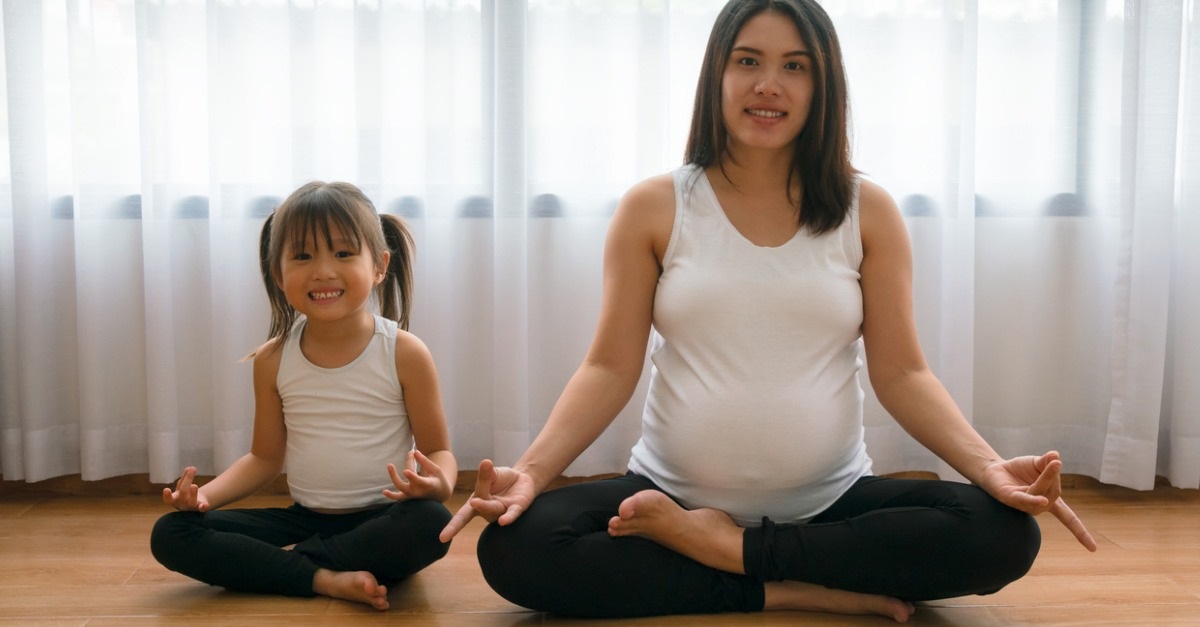
Kids will be learning these habits at home in the earliest days of their lives. Talk to your kids about exercise. Invite them to watch or even join you in appropriate workouts or athletic activities when its safe for them to do so.
Don't: Forget the water bottles
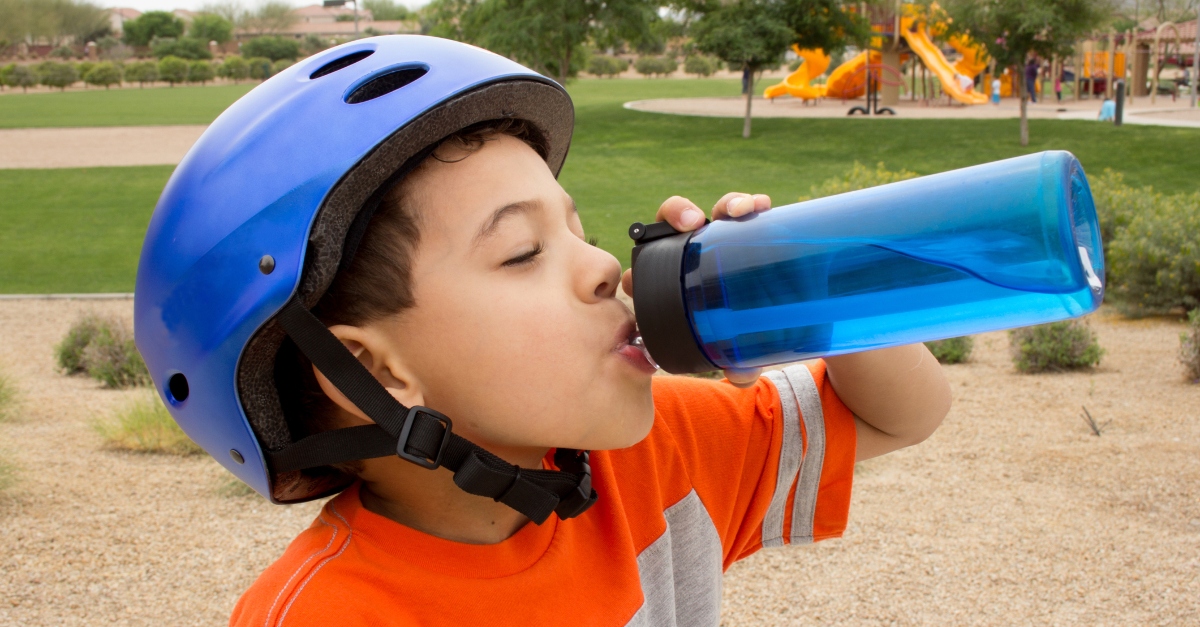
Staying hydrated while exercising is extremely important, especially for little ones. Make your water bottle your best friends during physical activity and make sure to check in with kids that they're drinking enough.
Do: Explore different types of exercise
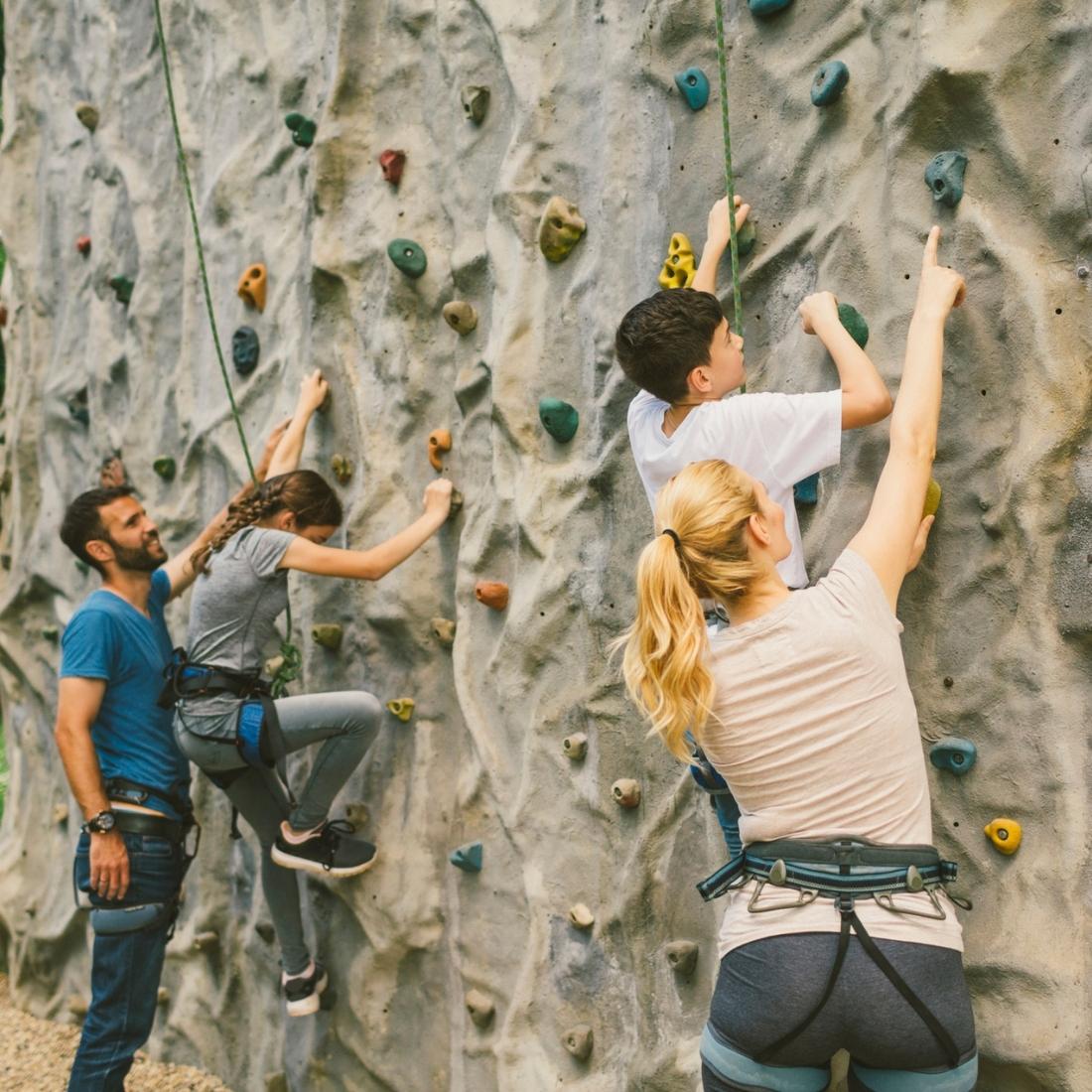
A lot of people explore traditional avenues to get their kids moving, like sports teams or dance classes. Those are great places to start, but every kid doesn't necessarily gravitate toward those things. Don't be afraid to think outside the box with activities like martial arts, rock climbing, yoga, and more.
Don't: Let the weather get in your way

A lot of people let the weather dictate how physically active there are. It trickles down to kids. Certainly, many kids in the South or on the West Coast end up getting more exercise than their Northeastern counterparts. Make sure you teach kids that there are ways to keep yourself active at home, from an impromptu dance party to a scavenger hunt.
Do: Make it social
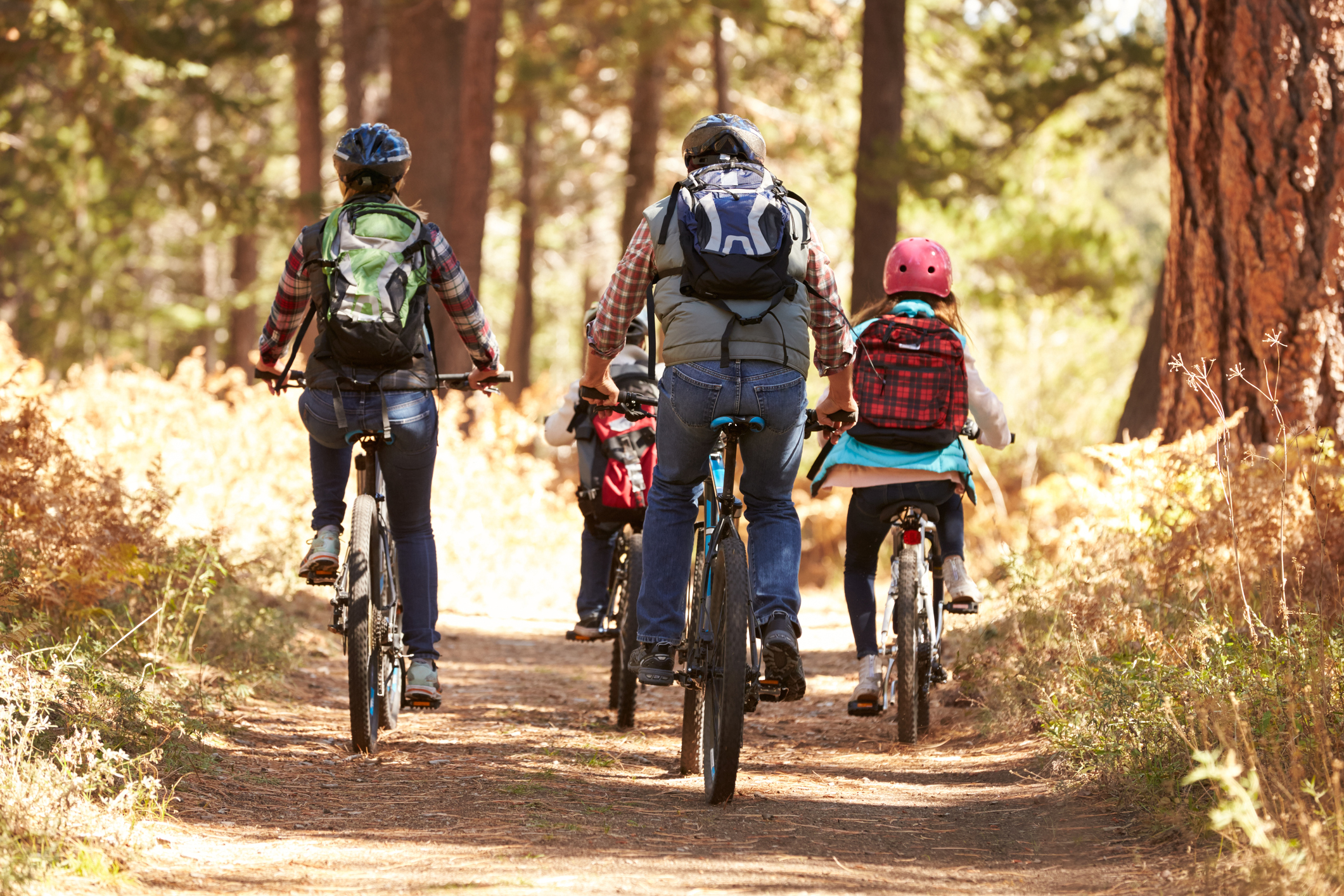
Exercise is more fun with friends! Get a group together to go rollerblading or bike riding. Call up some teammates for an unofficial sports practice. More often than not, the more kids you get together, the more running around that will happen!
Don't: Make it a punishment

Exercise should never, under any circumstances, be a punishment for children. In fact, it's recognized as child abuse in 29 states.
Do: Present opportunities
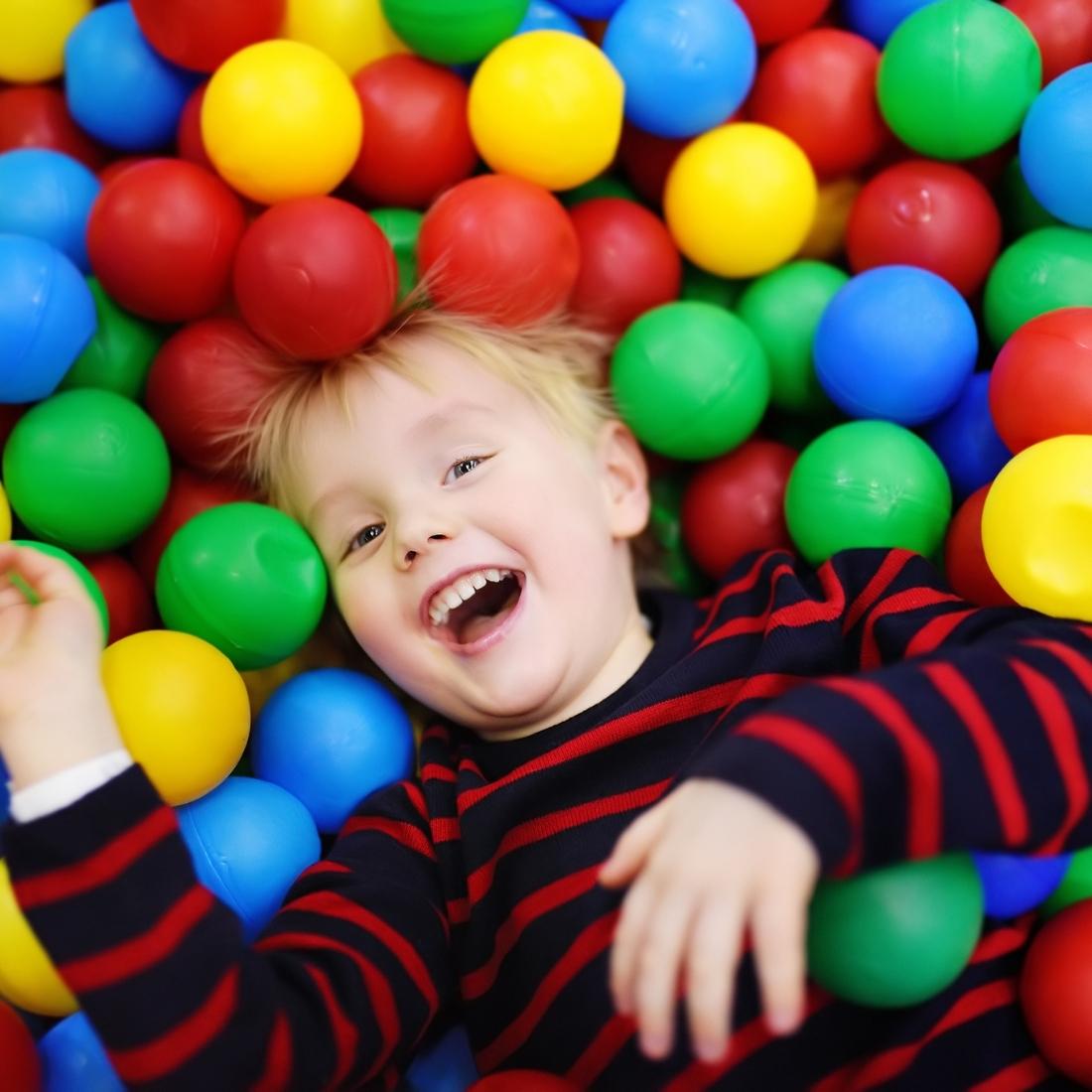
Allow kids the ability to choose physical activity on their own instead of making it a rigidly scheduled thing. For example, take kids to a local playplace that has places to run around as well as an arcade. It teaches kids to make good choices and balance their fun and later in life, balance fitness with their other responsibilities and types of recreation.
Don't: Forget to get quality sleep

Good sleep is important to exercise because it gives our bodies a chance to recover and repair. The more active your kids are, the more important it is that they are getting an age-appropriate amount of sleep.
Do: Limit screen time where it makes sense

Screen time rules vary greatly from family to family and situation to situation. If your kids are at a point where they can balance screen time and staying active, more power to them. For kids who aren't there, find ways to help them along, even if it means limiting screens in some instances to help them make more productive choices.
Don't: Get ahead of yourselves

Older kids may get excited about exercise. It's great when physical activity becomes a hobby and a habit. You want to make sure kids aren't trying anything too advanced for their age or simply running themselves thin. Everything in moderation, folks.




